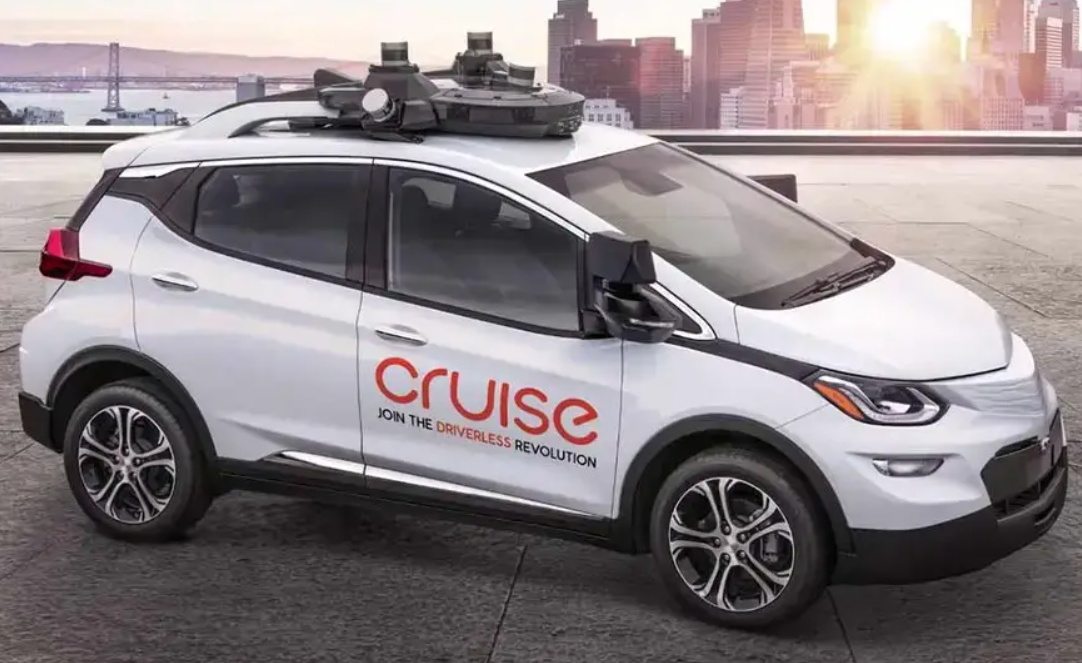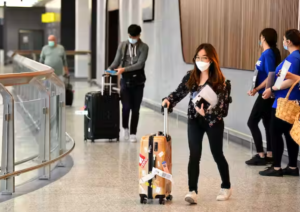In a significant development for General Motors’ Cruise autonomous vehicle unit, nine key leaders have been dismissed in the wake of ongoing safety investigations triggered by an October accident in San Francisco. The internal message obtained by CNBC revealed that the departures included leaders from Cruise’s legal, government affairs, commercial operations, and safety and systems teams. GM and Cruise spokespeople confirmed the authenticity of the company-wide message.
The message emphasized the need for “new leadership” to rebuild trust and operate “with the highest standards when it comes to safety, integrity, and accountability.” The shakeup at Cruise comes as the self-driving vehicle industry faces challenges in commercializing autonomous vehicles, leading to consolidation in the sector after initial enthusiasm predicted it as the next multitrillion-dollar market for transportation companies.
Reuters first reported the shakeup at Cruise, following an initial analysis of the company’s response to an October 2 accident involving one of Cruise’s robotaxis. The incident, where a pedestrian was dragged after being struck by another vehicle, led to the suspension of the California Department of Motor Vehicles’ deployment and testing permits for Cruise’s autonomous vehicles. Cruise responded by halting all roadway operations in the U.S., facing regulatory pressure and potential fines for allegedly misleading or withholding information about the accident. Both the National Highway Traffic Safety Administration and the California Public Utilities Commission are investigating Cruise and the incident.
GM CEO Mary Barra, who serves as chair of Cruise, expressed the company’s commitment to “righting the ship” at Cruise during a recent statement in Detroit. Cruise is undergoing two external safety reviews, expected to be completed in early 2024, which will guide the company’s future actions.
“The personnel decisions made today are a necessary step for Cruise to move forward as it focuses on accountability, trust, and transparency. GM remains committed to supporting Cruise in these efforts,” GM stated in an email on Wednesday.
The latest departures follow the resignations of Cruise CEO and co-founder Kyle Vogt and co-founder and Chief Product Officer Dan Kan approximately a month ago. This setback is particularly challenging for an industry reliant on public trust and regulatory cooperation, as Cruise had ambitious plans to expand to more cities and offer fully autonomous taxi rides in recent months.
GM acquired Cruise in 2016 and brought on investors such as Honda Motor, SoftBank Vision Fund, Walmart, and Microsoft. However, last year, GM acquired SoftBank’s equity ownership stake for $2.1 billion. Despite initial hopes of ramping up a driverless transportation network and playing a significant role in doubling the company’s revenue by 2030, Cruise has cost GM more than $8 billion since its acquisition in 2016, with increasing losses annually, including $1.9 billion through the third quarter of this year. The autonomous vehicle unit faces the challenge of regaining momentum amid leadership changes and ongoing safety scrutiny.
(Source: CNBC | NBC Bay Area | MarketWatch | WSJ)









